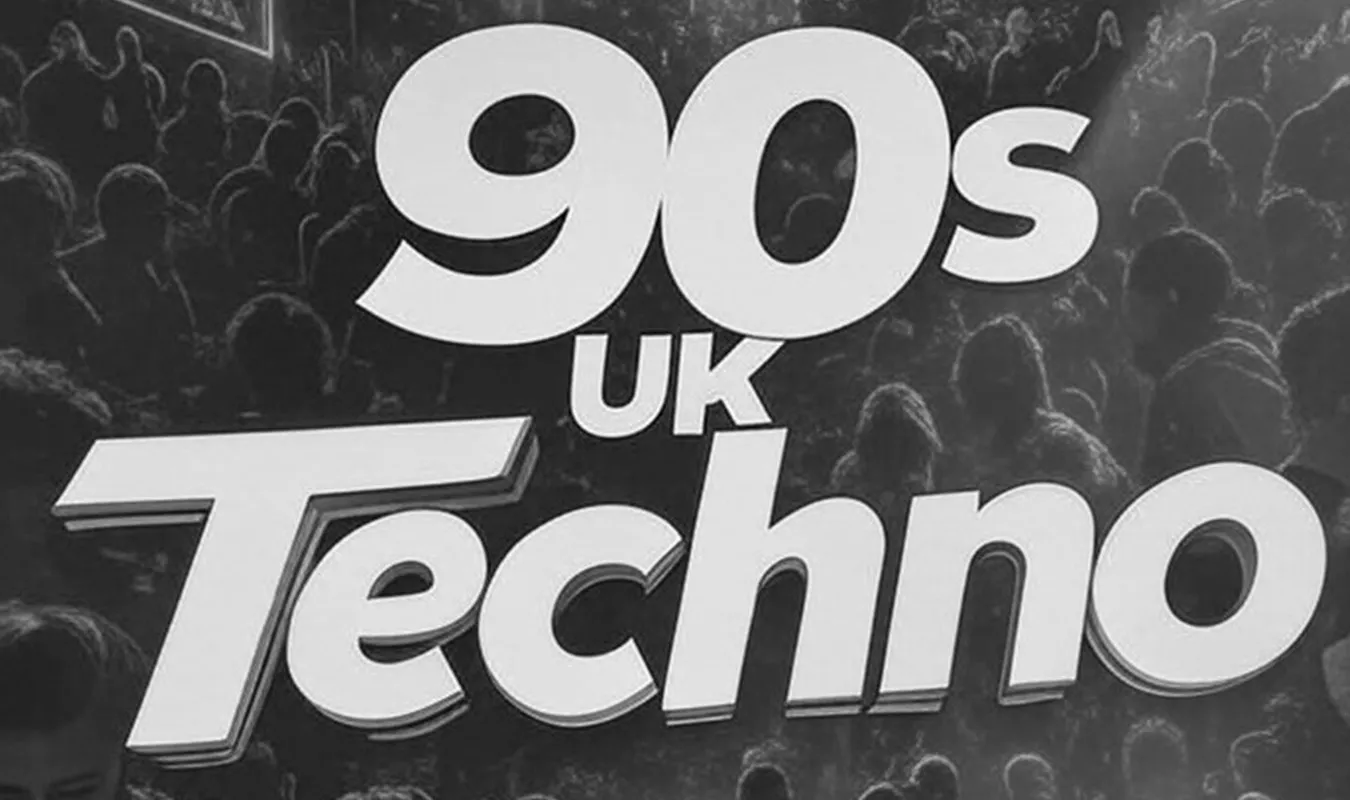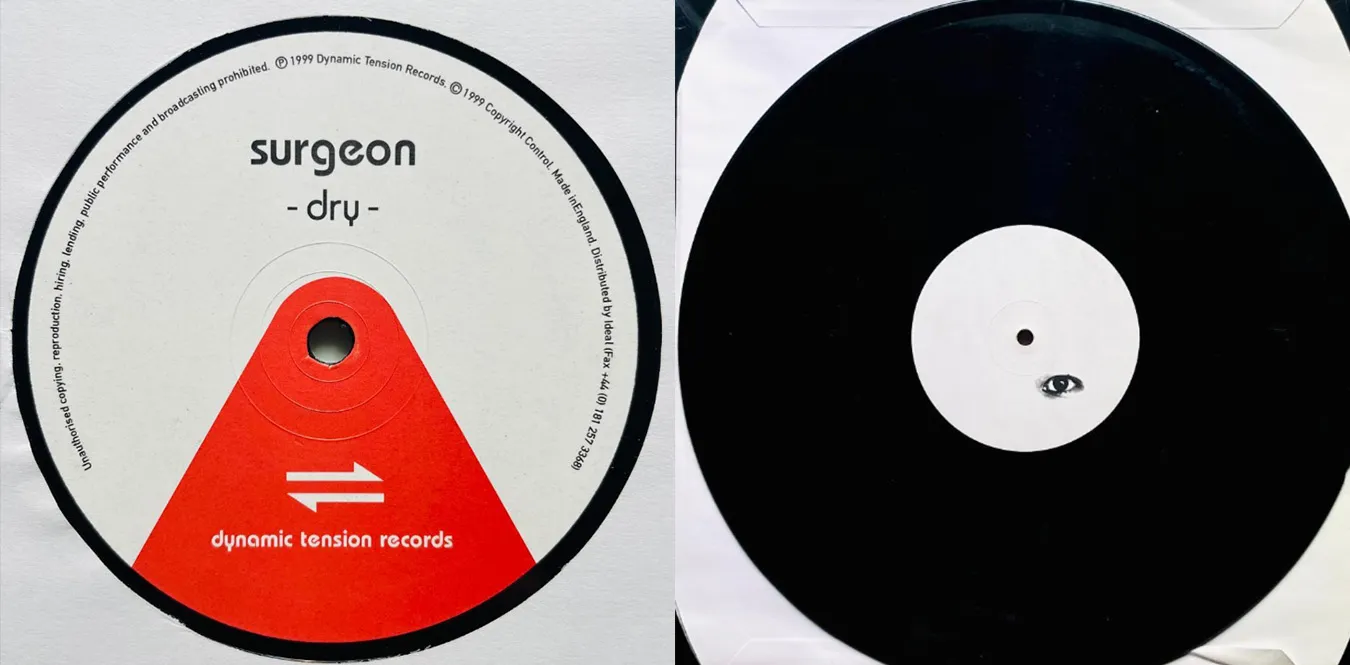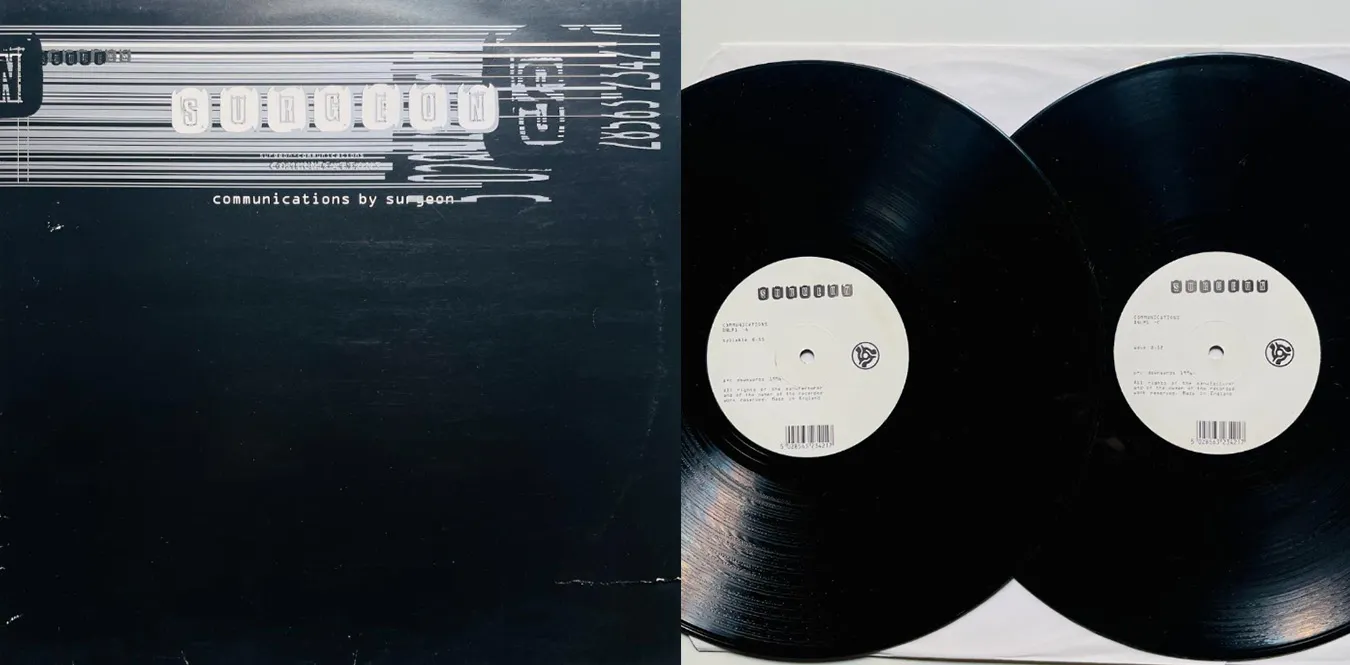![[Column] The Golden Age of UK Techno](/../assets/images/column-90s-uktechno.webp)
The golden age of UK techno: a record of the sounds and struggles of the 1990s
Text: mmr|Theme: UK techno culture
Techno, another UK revolution
In the 1990s, techno deepened and mutated in sound and spirit, like a child born in Detroit growing up in the UK. Britain not only embraced this music, but expanded it from the underground to clubs, raves and venues for sonic experimentation. In this article, we will cover the overall picture of 90s UK techno from the perspectives of culture, music, people, and labels.
Fusion of rave culture and underground
Following the ““Second Summer of Love”’ in 1988, the UK was engulfed in an explosion of acid house and rave. In the aftermath, various subspecies of hardcore, breakbeat, and techno grew underground in the early “90s.
On the other hand, the end of the Thatcher government and widening economic disparity caused young people’s dissatisfaction and rebelliousness to be imprinted in music. UK techno was not just dance music, it was also a social movement armed with sound systems and illegal raves.
Lineage of Innovators
A pioneer of Intelligent Techno (IDM). While influenced by Detroit, they develop a darker and more intelligent sound. ‘Bytes’ (1993) released by Warp Records is iconic.
The standard-bearer of Birmingham techno. Hard, industrial, and solid. He rose to fame with releases on Tresor and Downwards, and is still at the core of UK techno.
Known as Planetary Assault Systems. Developing hard yet funky techno, released by NovaMute and others in the late 90’s.
A core figure in UK industrial techno. Regis founded the Downwards label and established Birmingham’s own dystopian sound.
Although more IDM than pure techno, they represent the intellectual side of UK techno along with Warp Records. ““Incunabula” and ““Amber” are representative works of the 90s.
The mother of UK techno
Early on, they released bouncy bleep techno, and later moved to the holy land of IDM. Includes LFO, Nightmares on Wax, Autechre, The Black Dog, and more.
Founded by Regis. Together with Surgeon and others, he defined the ““Birmingham sound,’’ focusing on industrial and ascetic sounds.
A sub-label of Mute Records. With artists such as Luke Slater, Speedy J, and Laurent Garnier, they have spread not only to the UK but also to the techno scene throughout Europe.
A label that introduced deeper, Detroit-based UK techno. The list includes Luke Slater, Stacey Pullen and Paul Mac.
Rigid, experimental, and rebellious
90s UK techno has the following sonic characteristics:
-
Influence from industrial/EBM (especially Downwards style)
-
Experimental structure and sound design (Warp style)
-
Hard and minimal groove (Surgeon, Slater type)
-
Internalization of social and political messages (influence of rave culture)
It should be noted that in the UK, there was a stronger awareness of not only the ““functionality” of techno, but also ““expressiveness” and ““thoughtfulness.’’
Politics of music and space
UK techno in the 1990s was a culture that valued the place more than the music. From illegal raves held in rural warehouses and outdoor fields to free party crews (such as Spiral Tribe) who moved around with sound systems loaded onto trucks, sound occupied physical space and shook up the existing social order.
The legacy of UK techno
UK techno in the 1990s pursued the radical possibilities of sound and thought while distancing itself from commercialism. Much of today’s techno, industrial, noise, and experimental music is influenced by it.
UK techno from that era was played not to dance to, but to assert its existence. The reverberations of that noise still resonate in the modern underground.
[Reference Disc Guide]
| Artist/Title | era | Format | Features |
|---|---|---|---|
| Justin Berkovi - Fast Wide E.P. |
1998 | 12" | UK club techno |
| Autechre - Envane |
1997 | CD | Experimental electro/techno |
| Luke Slater - Freek Funk |
1997 | CD | UK techno on the border with electronica |
| D.O.M. - Acid War (Remixes) |
1995 | 12" | UK Acid Techno |
| Surgeon - Communications |
1996 | LP | Rough UK underground techno |
| Surgeon - Dry |
1999 | 12" | Minimal ~ underground UK techno |
| Hypnotist - House Is Mine "92 |
1992 | 12" | Hardcore techno for UK dancefloors |
summary
UK techno in the ’90s wasn’t just a musical movement, it was the heartbeat of the city. Iron-cold beats and foggy melancholy.
In between, an underground frenzy was born. A former factory in Sheffield, a warehouse in Birmingham, a pre-dawn club in London - they all vibrated to the same rhythm.
Techno created poetry from the reverberations of industry, presenting an aesthetic of destruction and reconstruction. UK techno sounds the “soul of the machine” while deconstructing sound and time. It is a memory of a quiet and violent revolution that continues even today.
Related columns
🔗 [Column] Luke Slater: The pioneer of British techno and his musical world



